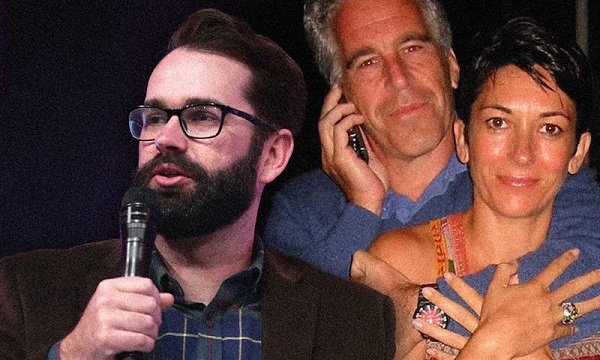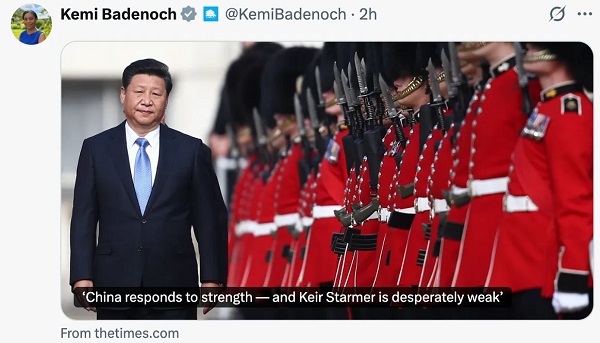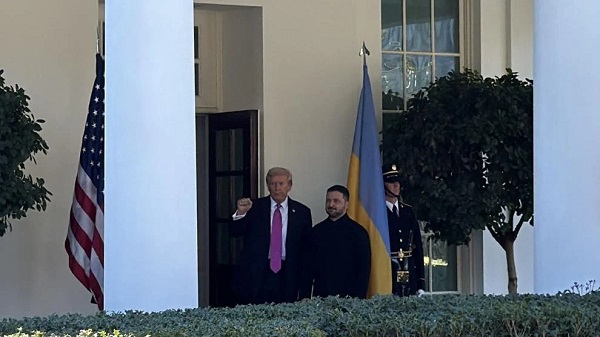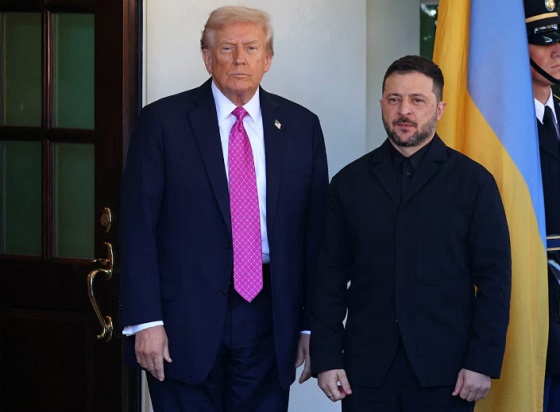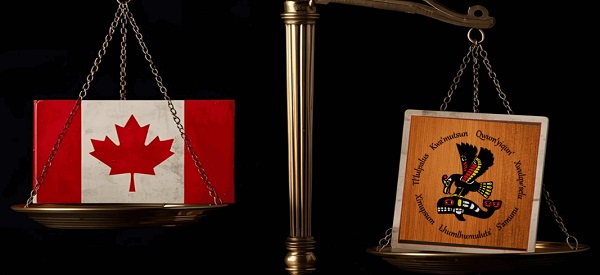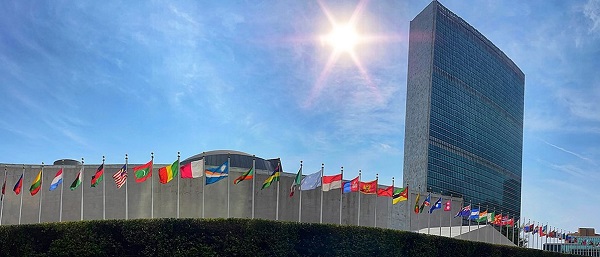From The Center Square
President Donald Trump hosted President Volodymyr Zelenskyy at the White House on Friday afternoon, in hopes of inching Ukraine and Russia closer to peace.
Trump told the media Friday evening that the two had a “very good meeting, a very cordial meeting.”
However, the president said that he has told both Eastern European leaders to stop the war and “go by the battle line wherever it is or else it gets too complicated.”
“The meeting with President Volodymyr Zelenskyy of Ukraine was very interesting, and cordial, but I told him, as I likewise strongly suggested to President Putin, that it is time to stop the killing, and make a DEAL! Enough blood has been shed, with property lines being defined by War and Guts,” the president posted to Truth Social Friday evening. “They should stop where they are. Let both claim Victory, let History decide!”
The president pleaded with the leaders to stop shooting, “no more Death, no more vas and unsustainable sums of money spent.”
The meeting comes a day after Trump had a “lengthy” and “productive” conversation with Russian President Vladimir Putin, during which the two agreed to meet in Hungary.
One of the topics of interest during the bilateral meeting between Trump and Zelenskyy is Ukraine’s desire to purchase U.S. Tomahawk missiles.
During a news conference between the two leaders, they both emphasized their desire to reach a peace agreement. However, Zelenskyy underscored the need for more weapons, including the Tomahawks.
Zelenskyy suggested a trade between Ukrainian drones for U.S. Tomahawk missiles, which the president suggested he would be open to the exchange. However, the president appears to be reluctant to sell Tomahawks, potentially leaving the U.S. short in case they are needed.
The president indicated that the threat of Tomahawks may be bringing Putin to the table; however, he noted that the Russian president wants to end the war, acknowledging that “bad things can happen” with the missiles.
Overall, the president appears confident that he can solve the war. “I am the mediator president,” Trump told the media.
Trump addressed concerns that Putin is trying to buy more time in wanting to meet, which he acknowledged.
The president said he is eager to strike a peace deal between the two countries, noting that he thought the war would be easier to solve, adding that there is a lot of bad blood between the two leaders.
